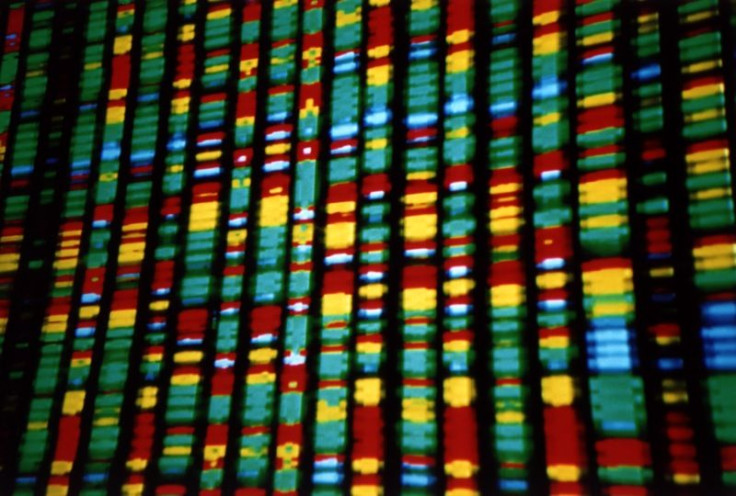The Elephant In The Room: Genetic Reason Why Elephants Don’t Get Cancer Could Pave Way For Human Treatments

There's a 40 percent chance of the average person developing cancer in their lifetime. For certain dog breeds, such as the Great Dane, the risk can jump to 50. However, this disposition is not evenly distributed throughout nature: some large mammals, like whales and elephants, have a less than five percent lifetime risk of cancer. A recent study may have discovered the reasoning behind these animals’ natural immunity, and suggests that genetics may hold the answer to conquering the human battle with the disease.
Medicine is full of paradoxes: How is it that the French suffer from relatively low incidences of heart disease despite having a diet rich in saturated fats? Why are some moderately obese people with chronic diseases outliving normal-weight people with the same health issues? Perhaps the most perplexing realities is something called the Peto paradox. Named after Sir Richard Peto, the Oxford University epidemiologist who linked smoking to cancer in the 1970s, the Peto paradox questions how large animals that undergo far more cell division than humans can be nearly immune to cancer, a disease marked by this division. Newsweek reported that from a scientific standpoint, elephants, who have 100 times more cells than humans, should therefore be 100 times more likely to develop cancer. Yet, this is not the case.
Fascinated by the dilemma, Dr. Joshua Schiffman, a pediatric oncologist at the Huntsman Cancer Institute in Utah, dedicated several years of his life trying to shed some light on, if not solve this conundrum. In 2012, Schiffman partnered with Utah’s Hogle Zoo and the Ringling Bros. Center for Elephant Conservation to collect and analyze elephant blood once a week. According to the press release, this year, the team discovered that African elephants have at least 40 copies of TP53, a gene known for its cancer-fighting properties .
Cancer is largely caused by the unregulated division of faulty cells, according to Mayo Clinic. If these cells divide enough, they will eventually create a tumor. Not every tumor is life threatening, but in some cases it can metastasize, spreading to other parts of the body. It’s at this point that the cancer becomes a serious health risk. This is where TP53 comes in; it’s a tumor suppressor gene that works to create p53 — a protein that fundamentally kills damaged cells by preventing cells with faulty DNA from replicating. This action reduces the risk of tumor growth, which in turn reduces the overall cancer risk.
Humans have two copies of this gene, one from each parent; dogs are the same. Elephants, however, have 40 copies of this gene. Although the team observed that the majority of the elephant’s TP53 genes are retrogenes, meaning they are not a perfect genetic copy of the original gene, Schiffer still believes it’s this specific genetic composition that helps the elephants stay cancer-free.
"By all logical reasoning, elephants should be developing a tremendous amount of cancer, and in fact, should be extinct by now due to such a high risk for cancer," Schiffman said in a statement. "We think that making more p53 is nature's way of keeping this species alive."
The discovery on its own is impressive, but it’s what this research may mean for human cancer research that really has the medical world talking. Current cancer treatments focus largely on radiation and medication, and while these treatments do work, a growing group of researchers are investigating how a better understanding of cancer genetics can lead to better treatment. Schiffman told Newsweek that cancer medicine has been so focused on the molecular facets of the disease, or cancer's behavior, that researchers have failed to consider that elephants’ genes are largely responsible for their good health — not radiation or chemotherapy.
Although it may be a long way from becoming a reality, Schiffman believes that medicine could one day incorporate the elephant’s natural cancer defense and find a way to replicate its effects in humans — perhaps even directly inserting the elephant’s p53 proteins into people.
"Nature has already figured out how to prevent cancer,” said Schiffman “It's up to us to learn how different animals tackle the problem so we can adapt those strategies to prevent cancer in people."
Source: Schiffman JD, Abegglen LM, Caulin AF, et al. Potential Mechanisms for Cancer Resistance in Elephants and Comparative Cellular Response to DNA Damage in Humans. JAMA . 2015



























